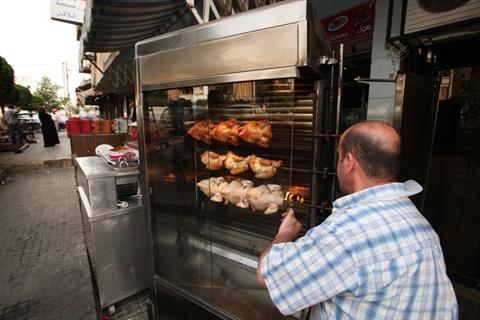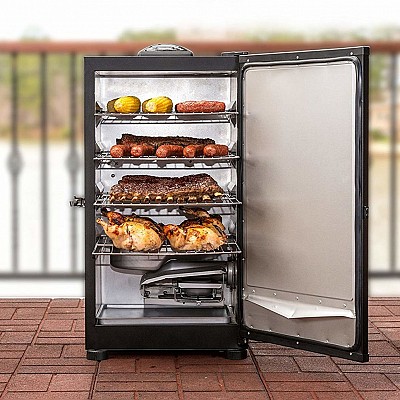Illegal restaurants to close down in Lebanon according a new article published in the Daily Star, written by Mohammad El Amin, while the "Business at Lebanese restaurants has fallen by up to 50 percent since 2010 due to a sharp decline in tourism," says Paul Ariss, the head of the restaurants association in Lebanon... What's going on? Is it the right time? What do you think?
Lebanon’s Tourism and Economy ministries will move to close down eateries if they are operating without the required permits, a source close to the prime minister told The Daily Star Friday. Prime Minister Najib Mikati’s office issued a circular Thursday warning of an “unprecedented increase in the number of unlicensed businesses and restaurants and vowing to clamp down on violators.“We have become aware of an unprecedented flare-up of unlicensed companies, businesses and restaurants across Lebanese areas,” it said. “These businesses lack legal, environmental and health conditions and not only violate the law but cause damage to public safety and order. ” The circular called on all public administrations and municipalities to implement strict measures against violators and check regularly on the legality and safety conditions in businesses in their jurisdictions. The source said the circular mainly targeted illegal restaurants following reports that numerous small eateries had opened recently in many Lebanese regions without obtaining the required documents and authorizations. Mikati’s circular followed statements Wednesday by caretaker Social Affairs Minister Wael Abou Faour, who said hundreds of Syrian refugees had opened up illegal businesses, warning that this could represent a growing drain on Lebanon’s economy.
He said an Internal Security Forces team found 377 stores and restaurants being illegally operated by Syrian refugees in seven different towns.
Mohammad Choukeir, head of the Beirut Chamber of Commerce, said the majority of newly opened unregistered businesses were small restaurants and shops. But he said this was part of a chronic problem affecting all sectors. Ziad Beckdache, the vice president of the industrialists association, told local daily Al-Joumhouria unregistered businesses included factories in the north, south, Chouf, Akkar, the Bekaa Valley and Beirut’s southern suburbs. Paul Ariss, the head of the restaurants association, confirmed that there was an evident increase in the number of unauthorized small restaurants. Asked whether the businesses targeted by authorities were owned by Syrian refugees, Ariss said both Lebanese and Syrians operated these businesses but highlighted that the majority of unregistered restaurants hired illegal foreign workers. The spread of such businesses, Ariss added, came at a time when the overwhelming majority of restaurants were doing extremely bad and many were being forced to close or trim their operations, amid a very slow summer tourism season. Business at Lebanese restaurants has fallen by up to 50 percent since 2010 due to a sharp decline in tourism, he said.
“Illegal restaurants do not pay taxes, water or electricity bills and above all do not register their employees or pay National Social Security Fees. They are completely unregulated and unfairly compete with legal businesses,” he said.
“The market is highly saturated and local demand alone is not sufficient for the number of legal restaurants we have, let alone the increasing number of unlicensed ones,” he said. Ariss noted that unregistered restaurants have long daunted the sector, with an estimated 20 percent of establishments lacking the necessary permit. “Even the government has no clue about how many restaurants there are in the country,” he said, calling for conducting a national survey and enforcing better regulation for the sector.
An increase in food poisoning cases can also jeopardise the whole sector, he cautioned: “It would destroy the reputation of Lebanese restaurants.” Zuhair Berro, head of Consumers Lebanon, welcomed the government’s step, but he warned that even licensed businesses were not being properly monitored by government and municipal health inspectors. “Even the registered businesses and the most luxurious restaurants aren’t subject to any inspections,” he said. The problem was not limited to restaurants, he added, noting that up to 80 percent of businesses that dealt with meat lacked proper measures to ensure food safety.
Berro called on municipalities to assume the vital authority vested in them by law explaining that municipal health inspectors were the only public servants granted automatic access to all institutions dealing with producing, distributing or retailing foodstuff.







































